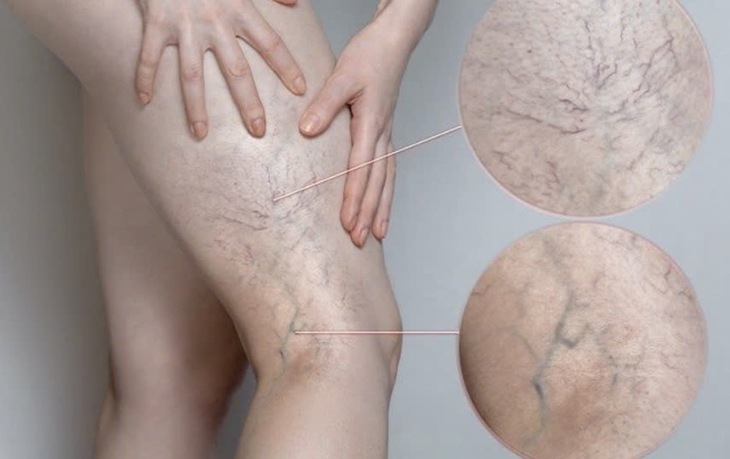
Varicose veins can form blood clots that cause pulmonary embolism, even life-threatening - BVCC
According to Dr. Nguyen Tuan Hai, Cardiovascular Institute, Bach Mai Hospital, if not detected and treated promptly, varicose veins can lead to skin ulcers, blood clots that can travel to the lungs, causing pulmonary embolism, and even endanger life.
Do not ignore the feeling of pain, heaviness, and swelling in your legs.
Dr. Hai said varicose veins are a condition in which the venous valves are damaged, preventing blood from circulating back to the heart effectively, leading to stagnation and dilation of the veins – especially in the legs.
Common symptoms include pain, heaviness in the legs, swollen ankles, visible purple-blue veins under the skin, itching or night cramps.
In Vietnam, about 25-35% of adults are at risk of this disease. Those susceptible include office workers, those who often stand or sit for long periods of time, pregnant or postpartum women, the elderly, and especially those with genetic factors related to weak vascular structure.
"The disease not only causes aesthetic discomfort or a feeling of heaviness, but if not treated properly, it can lead to dangerous complications. Skin ulcers caused by long-term lack of blood supply make the wound difficult to heal.
Deep vein thrombosis can form a blood clot and if this clot travels to the lungs it can cause a pulmonary embolism, which is life-threatening.
In addition, prolonged pain also seriously affects the patient's quality of life and mobility," Dr. Hai warned.
When to seek treatment?
This expert recommends that patients should go to the doctor when they have suspicious symptoms. The examination process includes taking medical history, clinical examination, especially Doppler ultrasound - the main method to assess the level of varicose veins and detect blood clots.
This is a non-invasive, safe technique that can be performed within 15–30 minutes.
With this ultrasound technique, the probe reaches the entire leg area, so the patient should wear comfortable clothing, avoiding tight or thick clothing for easy examination.
The examination is not affected by diet or menstrual cycle, but if you feel uncomfortable during your period, you should inform your doctor for better support.
This expert said that patients need intervention when there are obvious symptoms such as pain, swelling, skin ulcers or enlarged veins that cause loss of aesthetics.
Current treatment methods are quite diverse: from internal medicine (taking medicine, wearing medical stockings) to minimally invasive intervention (sclerotherapy, endovascular laser) or surgery in severe cases.
How to prevent disease?
To prevent and support effective treatment, according to Dr. Hai, a healthy lifestyle plays a very important role. Regarding exercise, you should walk lightly, swim, or cycle 20-30 minutes every day. Avoid standing/sitting still for too long, jogging long distances, or lifting heavy weights.
In daily activities, you should elevate your feet when resting, wear compression stockings as prescribed and avoid high heels over 3cm. Regarding diet, you need to supplement foods rich in fiber, vitamin C, E, drink enough water and control your weight to maintain a BMI below 25.
Source: https://tuoitre.vn/chan-dau-nhuc-mach-mau-lo-ro-canh-bao-benh-ly-dang-de-doa-1-3-nguoi-truong-thanh-20250714122300114.htm













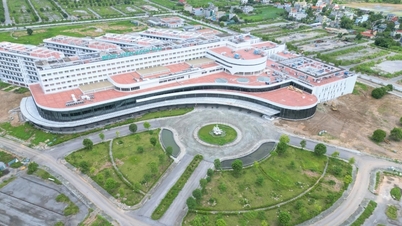




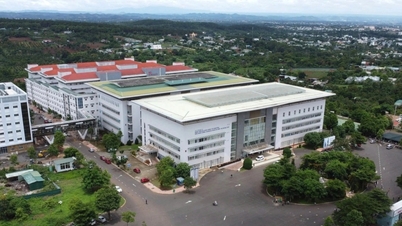















![[Photo] Ready for the 2025 Fall Fair](https://vphoto.vietnam.vn/thumb/1200x675/vietnam/resource/IMAGE/2025/10/14/1760456672454_ndo_br_chi-9796-jpg.webp)












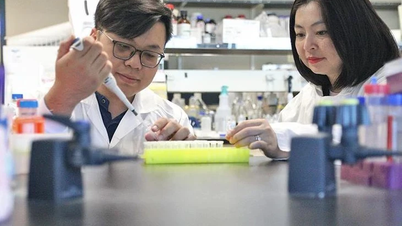
















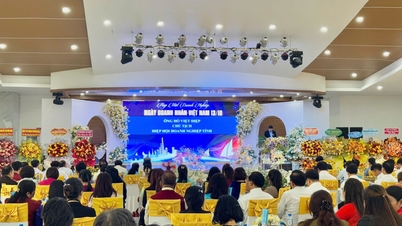
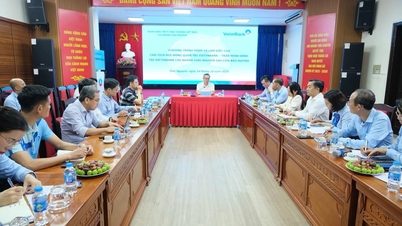






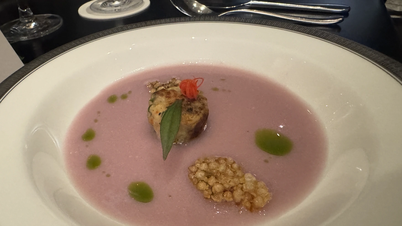



![[Photo] General Secretary To Lam chairs the meeting of the Central Steering Committee on science, technology development, innovation and digital transformation](https://vphoto.vietnam.vn/thumb/402x226/vietnam/resource/IMAGE/2025/10/15/1760500443782_anh-man-hinh-2025-10-15-luc-10-52-47.png)












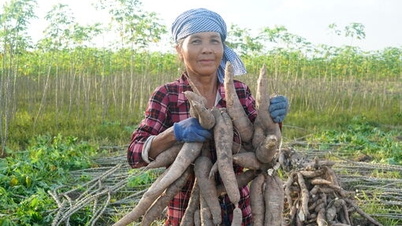






















Comment (0)